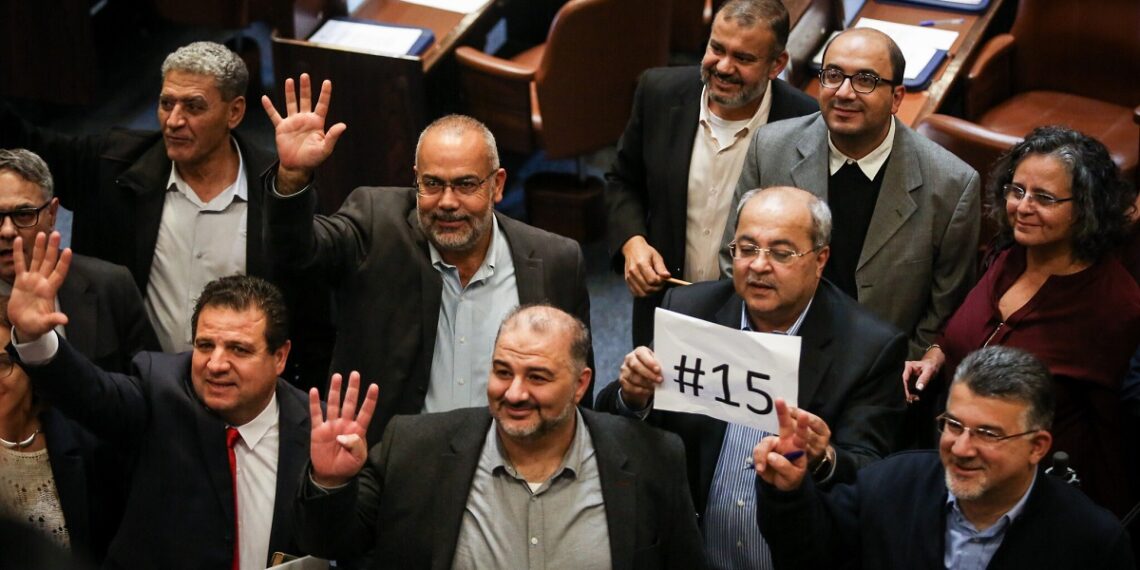Sami Abu Shehadeh, a Palestinian citizen and Knesset member, claims that the Balad Party would not offer Israel’s prime minister, Naftali Bennett, their support.
The Joint List will once again consist of the three Palestinian-led parties join forces to run in the November 1 Knesset election. After extensive discussions yesterday, the three main Palestinian parties—Hadash, Balad, and Ta’al—came to an accord. It wasn’t until early yesterday morning that Balad said it would embrace the proposed split of mps in parliament that had been accepted by the alliance’s other two members.
According to sources familiar to the parties, talks continued all day, including a three-way meeting with politicians on Monday that didn’t result in a compromise. The agreement apparently was reached during a meeting between Ta’al and Hadash leaders on Tuesday in the late afternoon. According to reports, Ta’al has consented to give up its claim for two positions in the top six and would take the second and eighth positions instead.
According to Haaretz, the biggest disagreement that has to be settled before the coalition is formalized relates to the philosophy of the lineup, particularly the decision of whether to endorse a certain candidate to create the government once coalition discussions begin. On the conditions under which the unified slate would back a prime ministerial candidate, the three parties did, however, reach an understanding.
According to reports, the first need is a commitment to start talks with the PLO to end the occupation and create a Palestinian state. The other requirements include the revocation of any legislation, such as the Nation State Law, that enable discrimination against Israel‘s approximately two million Palestinian citizens.
Can Bennet Count on Arabs?
Israel’s prime minister, Naftali Bennett, will not receive a “safety net” from the Balad Party, according to Palestinian resident and Knesset member Sami Abu Shehadeh.
In an interview with Radio Al Shams in Nazareth, Abu Shehadeh declared that his group “would not offer a safety net” for Bennett.
He stressed that his party will not support former Israeli Prime Minister Benjamin Netanyahu and that the party will assemble in the coming days to consider “all the choices available to us.”
Ayman Odeh, the leader of the Joint List party, stated that Bennett “will not be a lifesaver” for any of the Arab parties. According to Odeh, elections are imminent. He made this statement to the esteemed Israeli newspaper Haaretz.
These comments were made when the Israeli government was in disarray yesterday morning following coalition whip Idit Silman’s announcement that she would join the resistance, according to the Times of Israel, leaving the coalition without a plurality.
In the 120-member Knesset, the government only holds 60 MPs at the moment.
The Palestinian nationalist Balad Party, the socialist Arab-Jewish Hadash Party, and Ta’al, led by Ahmad Tibi, make up the Joint List.
Islamist Ra’am Party, which split from the Joint List to support the creation of a coalition administration, is a member of Bennett’s coalition government.








